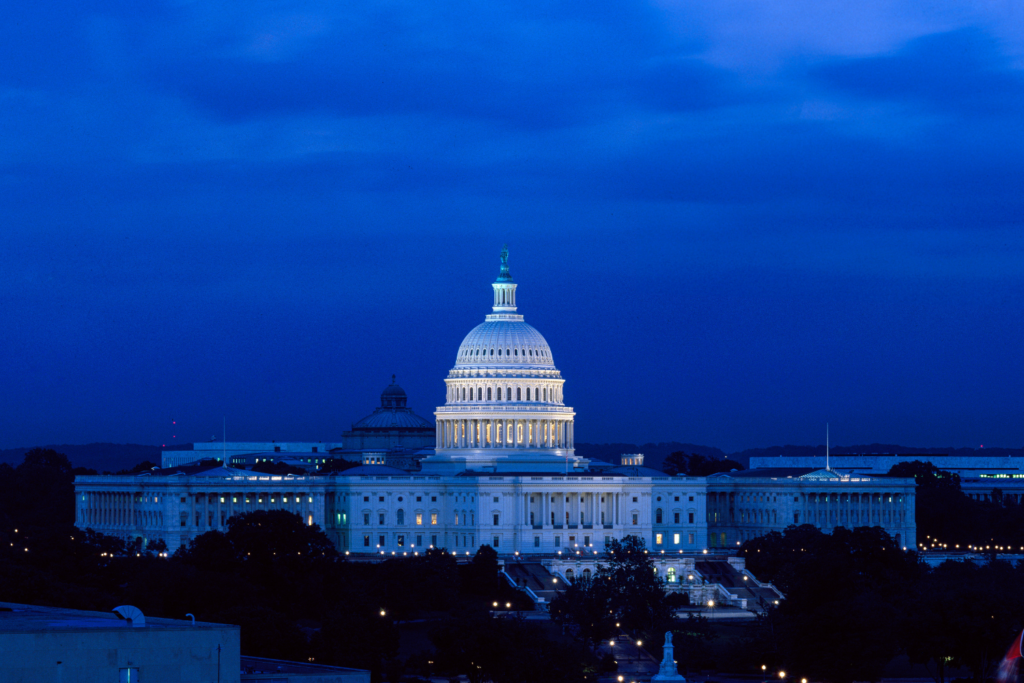
Senate makes historic investment in yesterday’s transportation priorities

Deal worsens long-term prospects for addressing climate and equity woes
“The Senate’s final infrastructure deal is certainly big, but it’s anything but bold,” said T4America Director Beth Osborne after the Senate’s 69-30 approval of the package on Tuesday.
“There are certainly welcome new additions, including a major recalibration of the nation’s approach to investing in and running passenger rail and a small program to tear down divisive old highways. But with this deal, the Senate is largely doubling down on a dinosaur of a federal transportation program that’s produced a massive repair backlog we are no closer to addressing, roads that are killing a historic number of vulnerable travelers each year, little opportunity to reach work or essential services if a family doesn’t have multiple cars, and the continued inability for local governments to have a say over what projects are built in their communities.
“The White House will soon discover that they’ve dealt themselves a challenging hand in their long-term effort to address climate change and persistent inequities, while kicking the can down a crumbling road that’s likely to stay that way. And they’ve done so while sidelining the House’s visionary INVEST Act, which would have started to finally bring a long overdue 21st century paradigm to transportation.
“While we are excited to see a historic amount of funding for transit, the Senate also supercharged the highway program with a historic amount while failing to provide any new accountability for making progress on repair, safety, equity, climate, or jobs access outcomes. And in fact, when comparing this deal to the original bipartisan infrastructure framework announced in June 2021, transit is one of the few things cut at all (by $10 billion). Coming just a day after a dire new IPCC climate report calling for transformational change, the Senate is providing hundreds of billions for status quo programs that will be used to build new roads and produce ever-increasing emissions for decades to come.
“There were hundreds of amendments proposed to address these core shortcomings, but not only did the Senate fail to include any of them, the majority were not considered at all. This includes vital proposals requiring states to make progress on repairing their infrastructure before building expensive new things (in fact, this provision was applied to transit only), requiring measurable improvements in the number of people killed on our roads, measuring greenhouse gas emissions from the transportation system, and providing more money for removing or bridging over highways that were rammed through Black and Brown neighborhoods.
“We now turn to the House to see if they can bring more of a results-oriented approach to the transportation program. And we stand ready to work with the administration to change their internal procedures to get the best out of a very flawed piece of legislation.”
###



